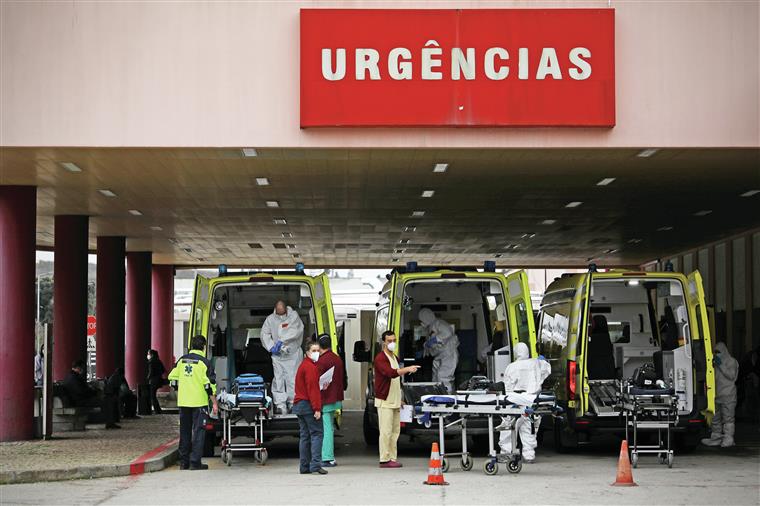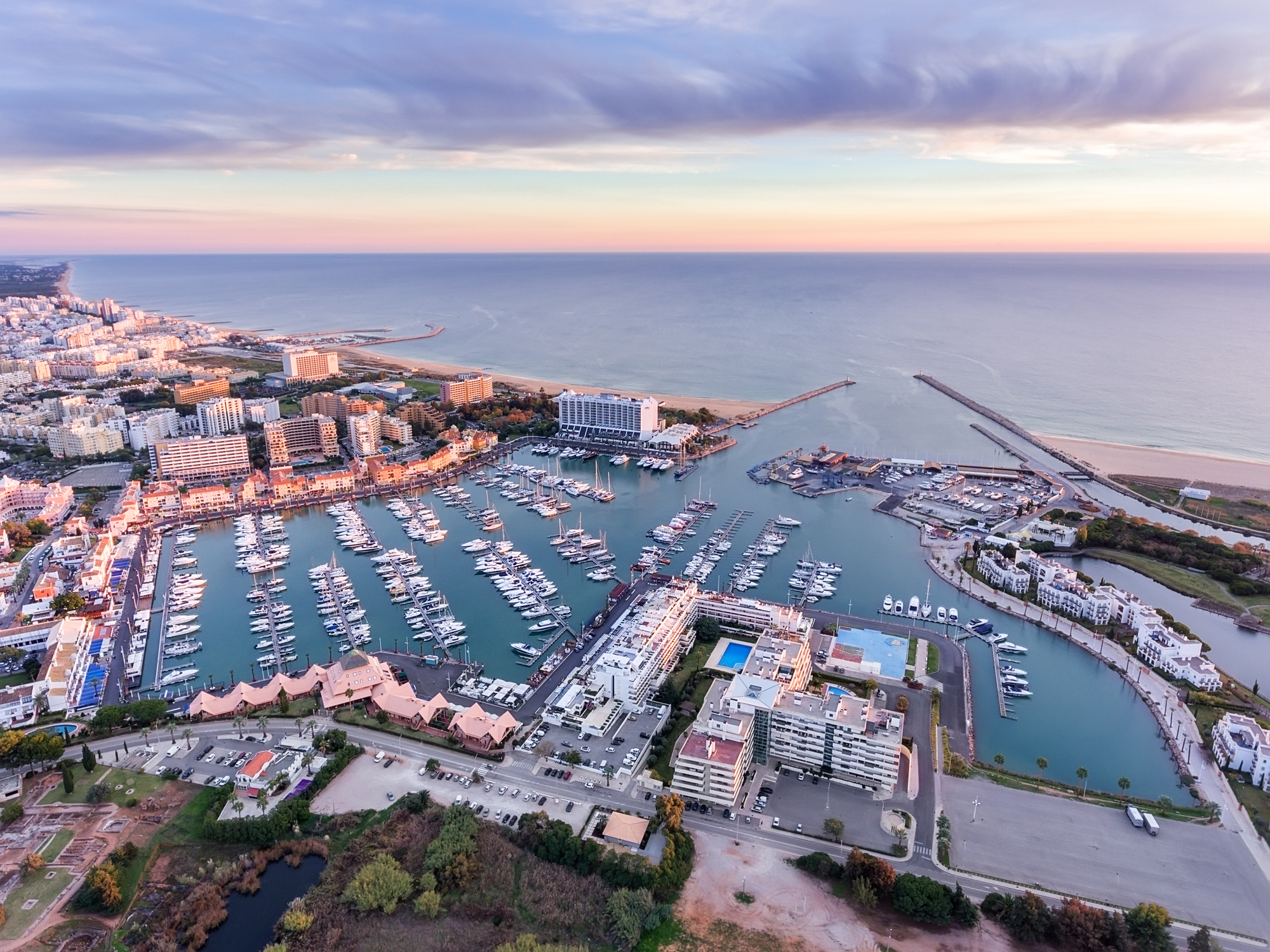The day when almost the whole economy stopped

Closed restaurants other in half gas, scenario repeated in the super and hypermarkets, gasoline pumps and collapse in telecommunications. This was the portrait meaning across the country for over 10am with the energy collapse. To the 1st responsible from various sectors speak of strong embarrassment that were felt during Monday, but wave with the normalization of activities and give messages for the future.
Ana Jacinto, AHRESP Secretary-General, acknowledges that it was a “very disturbing and confused” situation, because if there were restoration entrepreneurs who simply chose to close, there were others who found alternative means and managed to work, namely using generators, wood, grills or gas stoves.
The official also recalls that the absence of electric supply also compromised the operation of some cold equipment, essential to ensure proper conservation of food within food safety parameters. So, the Association is already preparing, in articulation with ASAE, a set of clear guidelines to support entrepreneurs in the management of this situation and ensure strict compliance with good food safety practices.
« Our first concern was to make this alert with the procedures that should be cautious about energy interruptions with regard to perishable products and that are of short validity. Helping them to realize when products should be ‘discarded’ because the worst that can happen is a situation that reaches the public health of consumers and this we do not want at all, » he says.
On the consumer side, Ana Jacinto admits that the task was no longer easier. « Many were not prepared and having no money could not pay the consumption, » he adds.
Also in tourist accommodation, many establishments reported difficulties in accessing reserve platforms, check-in processing and general customer service. “The closure of Humberto Delgado airport in Lisbon worsened the scenario, generating cancellations and delays that directly affect national tourism,” says Ana Jacinto, adding that the association is closely monitoring the measures adopted and ensuring that the restoration and tourist accommodation sectors can minimize eventual damage.
But do not hesitate: “We have to start preparing companies and entrepreneurs for the future that comes here, because these situations, whether or the weather we had for a few days or floods, will be increasingly frequent and we need to give companies to increasingly safeguards for such situations through insurance, through measures so that they can be increasingly frequent because they are increasingly frequent”.
Also Pro.Var – National Association of Restaurants Alert for serious goods loss and billing in a very fragile sector. “The impact on the restoration sector was very serious, especially due to the loss of large amounts of perishable products, such as meats, shellfish, fresh fish and frozen cod, which deteriorated due to lack of energy” and says that in addition to product loss, establishments also registered a significant breakage of revenues.
And in view of this scenario, it advocates the creation of an emergency fund that includes compensation corresponding to the average value of one week of perishable goods purchases, based on the average monthly purchase value of the month prior to blackout and a compensation equivalent to 20% of the effective revenue loss registered by the affected establishments during the blackout period, arguing that “it is essential that this support is available through a simple, simple process process. available accounting, to ensure that companies can overcome this difficulty. ”
Empty shelves but already answered
Although some supermarkets were forced to close, the Secretary-General of the Portuguese Association of Distribution Companies (APED) said that about 80% of the spaces were open to the public, which led to an unusual demand of some products and some empty shelves. « Even in the face of the biggest ‘blackout’ in history, more than 80% of stores have been open and APED’s associated companies responded to the immediate needs of families, ensuring their services and goods required to meet the adversity of energy, » the association said, adding that « the installed capacity and infrastructures, with generators capable of supporting operations in adverse conditions, were more a demonstration of resilience and spirit. Service that the sector and the people who work in it have, and continue to demonstrate, as they did in the pandemic period. ”
The official also drew attention to the “very balanced behavior” of the population, without attitudes of lack of civility to note, waving with greater demand in some products, such as water, milk and candles. And it waved that it was possible to « respond and keep the doors open to accommodate the consumption and sudden needs of the population. »
One day after the blackout, Gonçalo Lobo Xavier says it was possible all the super and hypermarkets to be working normally and that it was possible “the refueling of stores and replenishing the shelves” after a day when there was a greater demand for some products, namely water, milk and candles.
The APED official also said that they are accounting for the impacts of energy supply failure, admitting that there are losses of some products, especially in spaces where it was not possible to accommodate food safety requirements resulting from cold chain management. « It will be residual situations, » he said.
Running the bombs aware of the race to supermarkets, several people have also rushed to the bombs to fill the deposits. In the middle of yesterday afternoon, most of the north to south of the country that are working chose to ration the fuel and privilege the supply to priority service vehicles. To our newspaper, companies linked to this sector recognized that demand remained on Tuesday, with the fear of a new blackout. A situation that led to the Republican National Guard (GNR) during the energy collapse “to perform and ensure escort to the transport of fuel to the most critical infrastructures, namely hospitals, among others”. Payment to money was another embarrassment for those who went to supply.
Established telecommunications
After the collapse in telecommunications, the Meo, Vodafone communications operators and the services are normalized where the energy has been replaced “MEO informs that the services are replaced almost in full, and there are only a few punctual situations that are resolved,” a source told I.
It also told us to our newspaper that the situation “is totally operational and the situation is stabilized”, noting that the operator will continue to “closely monitor the stability of the network and eventual residual impacts of registered energy failure”.
Industry nods with exceptional support
To I, the president of the Portugal Business Association (AEP), Luís Miguel Ribeiro admits that all sectors have been affected, but recalls that in sectors such as the transforming industry “the impact is potentially more significant, particularly in situations where they work in continuous”. And in view of this scenario states that exceptional support to exceptional situations « are always welcome to mitigate the impacts felt in the 10 hours of blackout. »
According to the official, several companies, from various sectors of activity, maintained their activity closed for long hours. « In some cases, the use of generators gave some help, but did not allow, in all cases, to achieve the normality of operations, » however, recognizing that this normality has already been a response.
Regarding the impact this stop had on companies refers to later, as it advanced with the associated companies, a flash inquiry to investigate the economic consequences of energy collapse.
Luís Miguel Ribeiro deixa, no entanto, um alerta: “Importa sublinhar que esta preocupante situação que o país viveu demonstra, de forma inequívoca, a enorme fragilidade em se garantir o contínuo abastecimento da rede energético. É uma questão estratégica, de natureza estrutural, que deve envolver uma reflexão de todos os stakeholders, públicos e privados, quanto ao modelo energético mais adequado, no sentido de reduzir dependências, assegurar abastecimentos e mitigar Risks of this nature ”.








